Intensive Outpatient Programs have many attractive benefits, but do they actually work to help people recover from addiction?
Yes! Intensive Outpatient Programs (IOP) are very effective at restoring capacity and sobriety for women, provided the women are a good match for the IOP level of care.
In this article, we’ll explain why we at Villa Kali Ma feel that our female IOP has an important place in our spectrum of treatment options for recovering women.
Does Intensive Outpatient Treatment Work?
Addiction recovery requires many hours a week of direct contact with treatment professionals, especially at the beginning of sobriety. In an IOP program, participants live at home and attend treatment at an outpatient facility.
Women attending IOP join for at least 9 hours of therapy programming a week, in the form of individual therapy sessions, groups, and healing activities.
While IOPs are a strong option for many women, there are some factors to take into account when making a decision for which level of care is right for you. IOPs are more flexible than residential treatment, but that flexibility can be a risk factor. If the addiction is in a condition where we are not able to make good decisions without continual supervision by treatment staff, then we may not succeed in IOP.
We are more likely to relapse when exposed to environmental stressors and triggers than when sequestered in an inpatient rehab facility, so it’s important to assess whether living and working in the community represents a threat to our ability to achieve and work on our sobriety. Tests and triggers are part of growing strong and forming new habits, but too much too early on in our sobriety can set us up to fail.
Intensive Outpatient Treatment Programs only work well for women who are ready and able to take full advantage of all the treatment and services that IOP programs have to offer, and who can sustain some level of exposure to “the real world” without falling into patterns of relapse.
Whether or not we are able to recover successfully in an IOP depends on the severity of our addiction, and whether or not that addiction exists alongside other serious troubles, like mental health disorders and trauma. Some women’s addictions and mental health vulnerabilities will be too severe, rendering them unable to take advantage of the treatment in the less structured environment.
All in all, for women who are stabilized enough to do the work of self-transformation without continuous supervision, who have made a commitment to do so, and are able to place primary focus on their recovery over all other life priorities, IOP is likely to work well.
Through Villa Kali Ma’s IOP, women can establish and sustain a life of sobriety, recover from mental health disorders, and resolve long-standing issues of traumatization in their bodies, hearts, and perceptions. The negative, downward spiral of addiction, that pulls women further into disorder and enslavement, can be reversed into a positive, healthy, upward spiral towards happiness and re-engagement with the growth process.
Analyzing the efficacy of intensive outpatient programs
Intensive Outpatient Programs are a “best of both worlds” option for people who need a relatively high level of treatment, but also need to maintain one foot in the ordinary world.
Like all “best of both worlds” options, some aspects of each world are lost in the balance. At Villa Kali Ma, it is our opinion and experience that residential treatment, or inpatient treatment, is a more ideal setting for any woman seeking recovery, because of the added benefits of full retreat and removal from one’s home, working, and even family environments.
Our recommendation is to complete residential treatment in the full shelter of our retreat-like program and to follow the residential stay with a gradual downstepping of treatment through an IOP program.
However, a full-stop retreat from daily life, responsibilities, and environment is not always a realistic or feasible option for women, for economic and family reasons, such as having children to care for, and work responsibilities which will not afford a pause.
For any women looking to get the highest level of care without leaving their home and work environments, Intensive Outpatient is the next best option. IOP can work just as well, provided the woman in question is able to meet the larger demands on self-responsibility which are required in IOP.
Intensive Outpatient is a superior addiction treatment option when compared to outpatient therapy alone, (such as trying to recover from addiction through attending individual therapy or group therapy). IOP performs better in outcome studies, with a rule of thumb rate of 50-75% of graduates from an IOP program staying sober long term.
Many studies suggest that Intensive Outpatient Programs are on par with inpatient or residential rehab, though this is only true when someone is an appropriate candidate for IOP and does not require round-the-clock supervision, retreat, and sequestering from environmental conditions (work and life).
The determinants of successful outcomes in treatment

One of the biggest reasons that treatment doesn’t work, is that participants do not complete the treatment. Leaving treatment before the recommended amount of treatment has been completed will obviously affect our ability to embody the benefits we had been meaning to get out of treatment.
Reasons for premature termination of treatment, therefore, are important to consider. The main reasons a woman might decide partway through her treatment to stop doing the recovery work include:
- Lack of clarity of purpose (she hasn’t fully decided to undergo the change)
- Difficulty tolerating withdrawal symptoms, lack of coping skills for self-soothing and surviving difficult moments
- Life problems which get in the way of being able to attend treatment, such as childcare and work problems
- Negative input from the environment, such as from peers who do not understand the treatment priorities, family dysfunctional relationships, and work stress
- Co-occurring mental health problems and trauma disorders, which make it very distressing to experience life sober
Therefore, a program which aims to address all of these factors alongside administering addiction treatment, is more likely to be successful. At Villa Kali Ma, we offer:
- Motivational Interviewing and Acceptance and Commitment Therapy to help with change readiness
- Several healing modalities and recovery skills training groups, to teach each woman how to regulate her nervous system, modulate difficult sensations and emotions, change toxic thoughts, and get through the difficulties of early recovery
- Partnership with each woman to make a realistic plan that will work for helping her to attend all treatment and meet all participation requirements
- Family and couples therapy sessions and education programs to help loved ones better understand and support treatment
- A comprehensive program of treatment for mental health disorders and traumatization that runs in parallel to interventions addressing substance addiction
Strategies for Relapse Prevention
Relapse prevention is a core part of addiction treatment and a key part of our programs at Villa Kali Ma. We provide a tapered, careful downstepping of treatment intensity and frequency of services, which can last many months afterwards, through ongoing engagement and community involvement. Relapse prevention planning actually begins almost immediately, because it is such an important part of recovery.
Ongoing strategies for relapse prevention include:
- Using the comprehensive, detailed, pragmatic plan for all post-treatment contingencies which you created with us during treatment
- Committing to an ongoing course of individual therapy
- Continuing with trauma healing, through a somatic, body-based approach to heal the nervous system, body, and brain in a bottom-up way, where trauma is a factor
- Maintaining an exercise practice, such as Qi Gong, working out, yoga, or hiking, so as to keep building body resources for staying sober, and increasing capacity for joy and enlivenment
- Continuous involvement in AA or another 12 Step program, to learn more about recovery, remember the dangers of relapse, and to form positive loving connections in the community
Villa Kali Ma offers an IOP for Women

Villa Kali Ma’s Intensive Outpatient Program was created with love and care. We took the successful core of our inpatient addiction treatment model, including its holistic heart, and nestled it into an IOP setting which we feel reflects the best path for recovering women.
With adjunct therapies like Equine Therapy, Yoga Therapy, Nature-Based Therapy, Shamanic Healing, Creative Therapies, Massage, and Nutrition, as well as powerhouse clinical models like Cognitive Behavioral Therapy, Dialectical Behavior Therapy, Mindfulness and Self-Compassion, and EMDR, we have created a nourishing and restructuring blend of transformative treatments and courses of therapy.
With more flexibility and a less intensive structure than residential treatment, our IOP provides effective therapies and resources for healing trauma, mental health disorders, and addiction.

